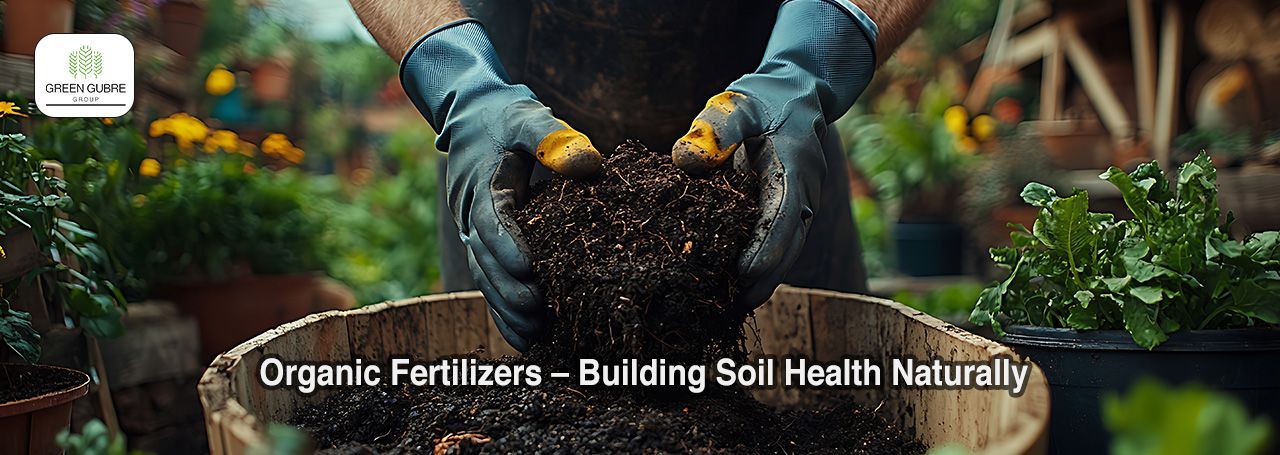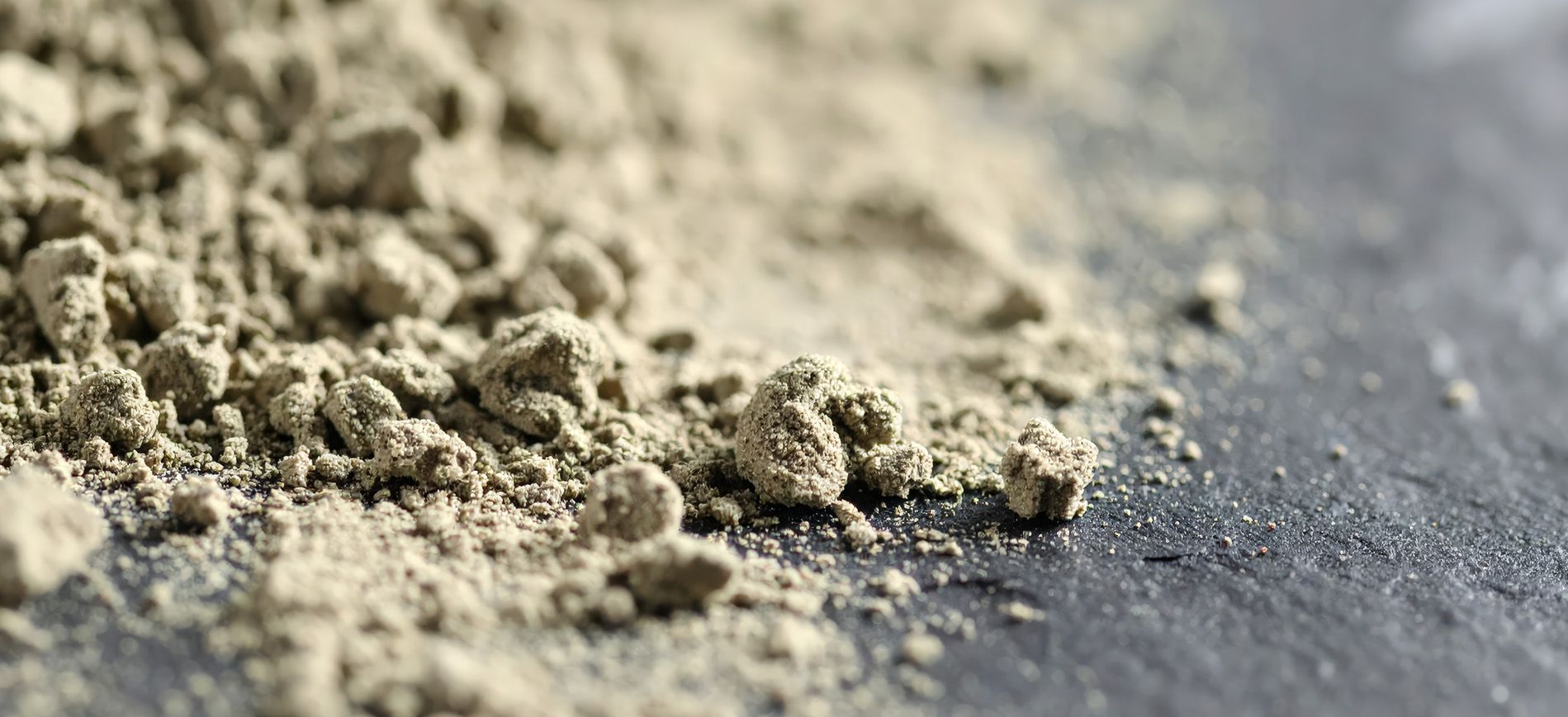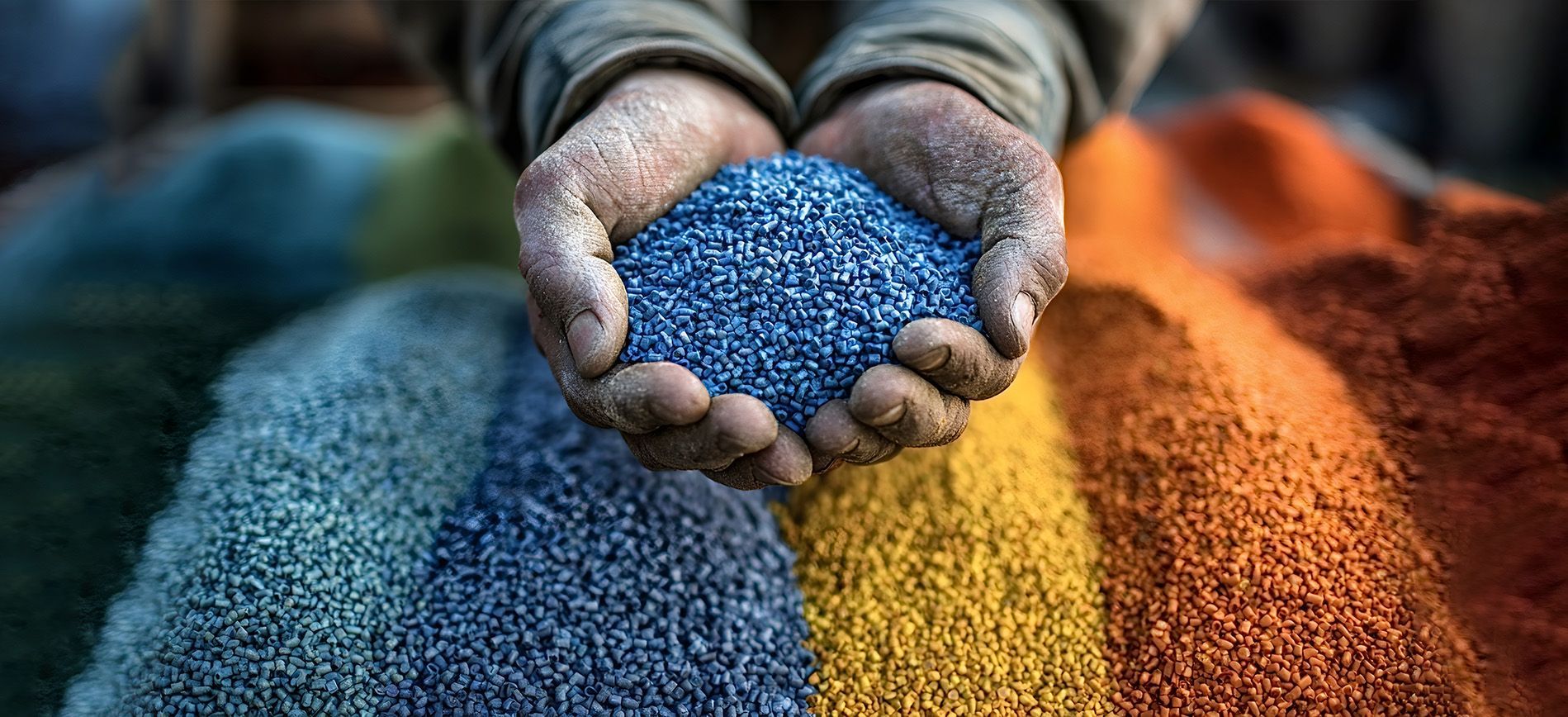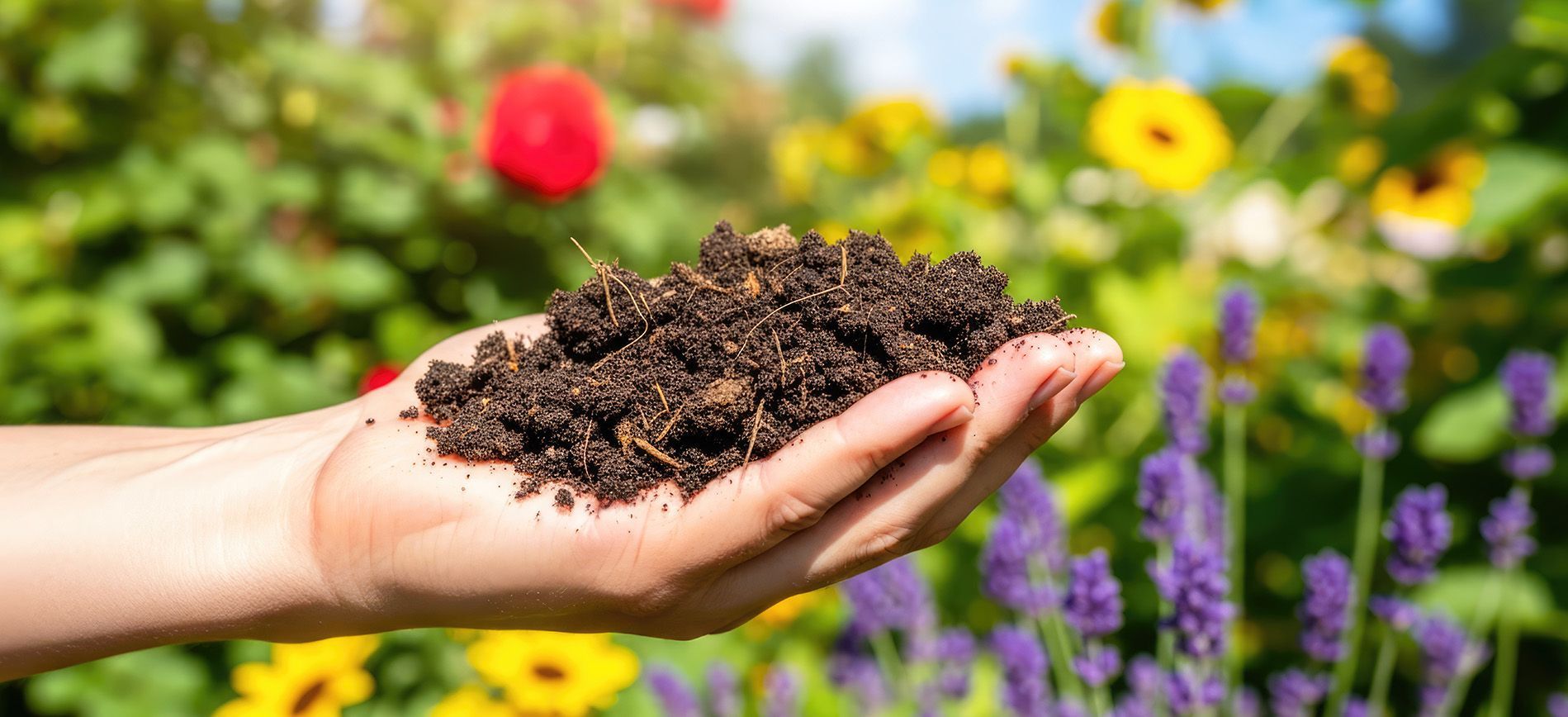Organic Fertilizers – Building Soil Health Naturally
Organic Fertilizers – Building Soil Health Naturally

Introduction: Returning to the Roots of Fertility
As agriculture strives for sustainability, organic fertilizers are gaining renewed relevance. Derived from natural plant, animal, or microbial sources, these fertilizers enrich the soil with organic matter and essential nutrients—without the environmental downsides of synthetic inputs. Organic fertilizers promote long-term soil health, biodiversity, and carbon sequestration, aligning with organic certification standards and consumer preferences for chemical-free produce.
1. What Are Organic Fertilizers?
Organic fertilizers are materials of biological origin used to supply nutrients and improve soil structure. Common types include:
- Compost: Decomposed plant and food waste rich in humus
- Manure: Cow, poultry, or sheep manure for nitrogen and microbial activity
- Vermicompost: Earthworm-processed waste containing plant-growth promoters
- Bone Meal and Blood Meal: High in phosphorus and nitrogen, respectively
- Seaweed Extracts: Contain micronutrients and growth hormones
- Green Manures: Cover crops like clover and alfalfa are incorporated into the soil
These inputs nourish both the crop and the microbial life in the soil, resulting in long-term fertility enhancement.
2. Benefits of Organic Fertilizers
- Improves Soil Structure: Increases aggregation, water retention, and aeration
- Stimulates Microbial Activity: Boosts beneficial soil bacteria and fungi
- Enhances Nutrient Cycling: Promotes slow, steady nutrient release
- Reduces Environmental Impact: No leaching of nitrates or synthetic runoff
- Supports Organic Certification: Essential for organic and regenerative farming
Organic fertilizers also help mitigate climate change by increasing soil organic carbon and reducing dependency on fossil fuel-based synthetic fertilizers.
3. Ideal Crops and Systems
Organic fertilizers work well in:
- Horticulture and Perennials: Fruits, tea, and coffee benefit from long-term soil health
- Vegetables: Root crops (carrot, beet), leafy greens (lettuce, spinach), and cucurbits
- Organic Grains: Wheat, rice, and pulses under organic certification
- Agroecological Systems: Agroforestry, permaculture, and intercropping
They are instrumental in soils that are degraded, acidic, or biologically depleted.
4. Global Trends and Market Outlook
- Europe: Regulatory bans on synthetic nitrogen promote compost and manure use
- India: National Mission on Sustainable Agriculture supports organic inputs
- Africa: Rising demand for cost-effective, locally available fertility solutions
- Latin America: Strong growth in organic fruit and coffee sectors
The global organic fertilizer market is projected to exceed $15 billion by 2028, driven by growing demand for organic food and increasing adoption of sustainability standards.
5. Challenges and Considerations
- Nutrient Content Variability: Organic sources are less concentrated and more variable
- Slow Nutrient Release: May not meet short-term crop demands
- Bulk and Logistics: Higher volume needed compared to synthetic fertilizers
- Quality Control: Risk of pathogens if manure is not composted correctly
Integrated nutrient management, which combines organic and mineral inputs, offers the best of both worlds for many farmers.
Green Gubre Group – Supporting Regenerative Nutrition
At Green Gubre Group, we offer:
- High-quality compost, manure blends, and vermicompost
- Bone meal and seaweed formulations for organic systems
- Advisory on organic nutrient management plans
- Packaging and bulk delivery for farms and cooperatives
Whether you’re going fully organic or just starting the transition, we’re here to help build your soil—and your sustainability.




